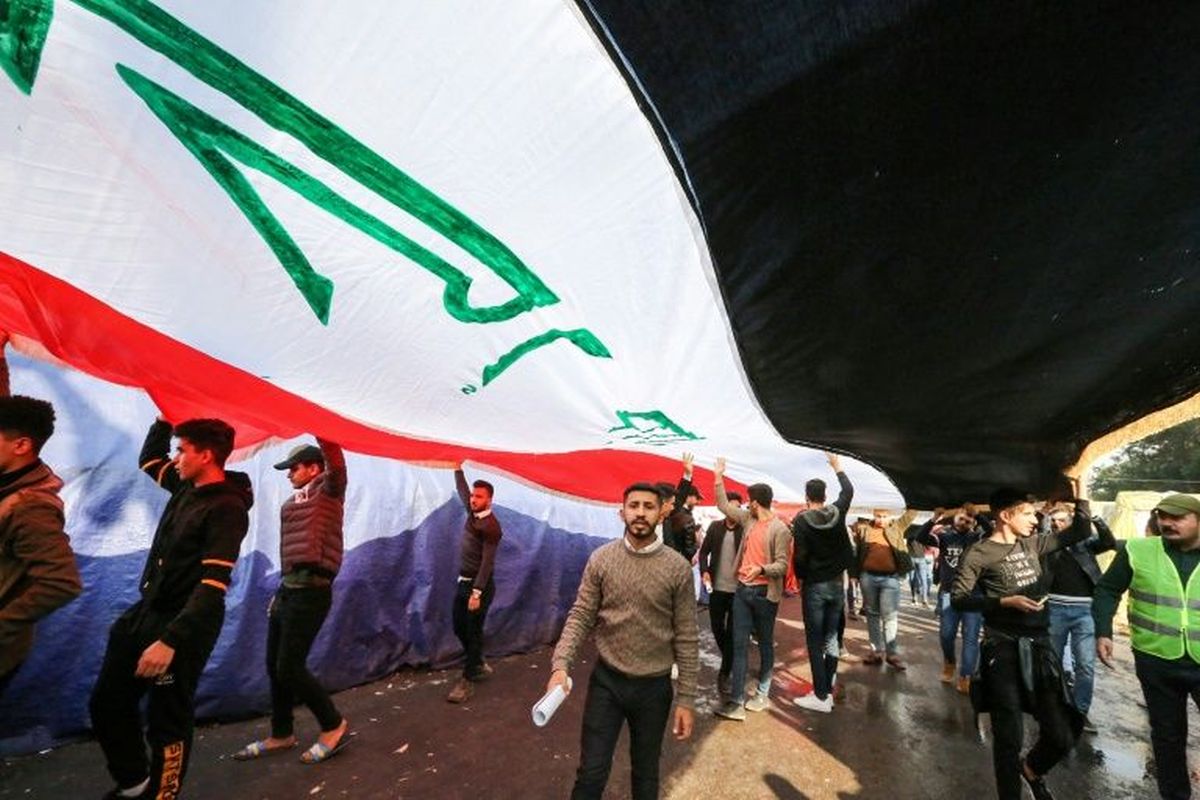Elon Musk calls for peace in cryptic post amid Iran-Israel war
His comments come amid recent attacks on Israel by Iran, reportedly in retaliation to the attack on their embassy.
Anti-government demonstrators burned tyres in major cities across the south, forcing the closure of schools and government buildings.

Iraqis have resumed protesting in Baghdad and across the south after parliament missed another deadline to appoint a prime minister(Photo: IANS)
Thousands of protesters blocked roads and bridges in southern Iraq on Monday and condemned Iranian influence and political leaders who have missed another deadline to agree on a new prime minister.
Anti-government demonstrators burned tyres in major cities across the south, forcing the closure of schools and government buildings.
Negotiations over a candidate to replace premier Adel Abdel Mahdi, who quit in November in the face of protests against corruption and unemployment, remained stalemated as a midnight Sunday deadline expired.
Advertisement
Protesters are mobilising anew after weeks of relative calm in a movement that has seen hundreds die in clashes with security forces.
Demonstrators announced civil disobedience campaigns in the southern cities of Diwaniyah, Nasiriyah, Hilla, Kut and Amara, where schools and public buildings were closed.
Earlier in the month, 16 protesters were killed and several others injured after unidentified assailants opened fire on anti-government protesters.
In October, thousands of protesters took to the street to protests to demand jobs and better public services in Iraq.
Protesters, most of them young people, waved Iraqi flags and chanted slogans such as “They are all thieves,” apparently referring to the country’s political class.
Earlier, an IHCHR statement said that the demonstrators in Wasit Province burned the Islamic Dawa Party headquarters and stormed the house of the governor in the province, while in the southern province of Dhi Qar, protesters burned the provincial government building.
For Iraqis protesting since October 1, the system installed by the United States after it led a coalition to overthrow dictator Saddam Hussein in 2003 has become dominated by Iran and is beyond reform.
Since 2003, elections have used a complicated mix of proportional representation and list voting that favours major parties and the heads of lists.
(With inputs from agency)
Advertisement